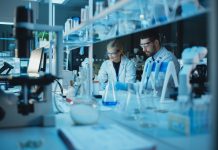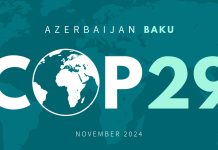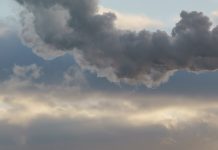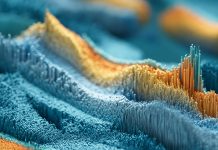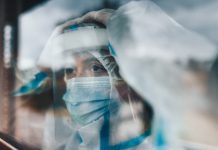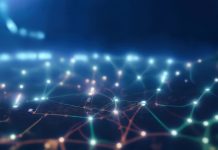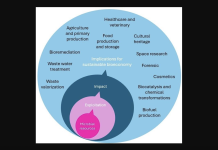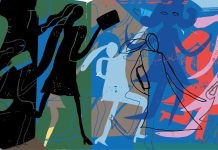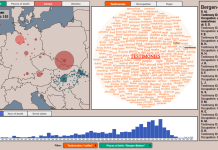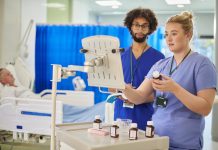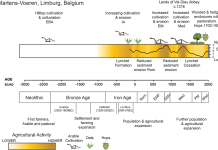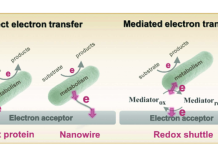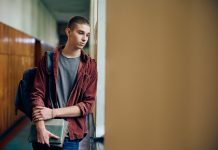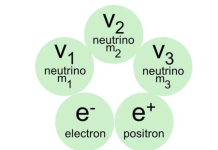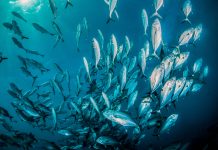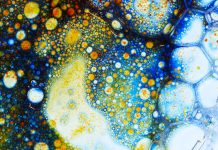Open Access Government produces compelling and informative news, publications, eBooks, and academic research articles for the public and private sector looking at health, diseases & conditions, workplace, research & innovation, digital transformation, government policy, environment, agriculture, energy, transport and more.
Home 2024
Archives
Exposomics: A shift in biomedical research with potential to improve human health
Recent advances in exposomics offer an exciting opportunity to comprehensively catalog human exposures and link them to biological responses determining health and disease. Pamela J. Lein, Ph.D. from the University of California, tells us more.
‘Remember, remember the month of November’: Ahead of COP29
Professor of International Relations at the University of Leeds, Richard Beardsworth, looks with concern to this November’s COP29 and the US elections. The issue is climate leadership.
AI to create personalised health responses to air pollution
Professor Fan Chung, Professor Christopher Pain and Claire Dilliway from Imperial College London, walk us through the exciting use of artificial intelligence to create personalised health responses to air pollution and invite you to get involved.
Rural digital transformation: Fostering economic growth by access to services
Myriam Martin, Michel Ehrenhard, Davide Guariento, Carlos Corrales and Yasin Sahhar, delve into rural digital transformation, especially fostering economic growth by access to services as evidenced by the dRural project.
Innovative ways of dealing with unforeseen events
Dorothy Sutherland Olsen and Lisa Scordato from the Nordic Institute for Studies of innovation, research and education, explore innovative ways of dealing with unforeseen events.
The role of digital twins in driving sustainability
As the pharmaceutical sector endeavours to become more sustainable, we hear how digital twins – virtual replicas of systems or products that can help predict performance – are supporting the industry in its efforts.
SUS-MIRRI.IT: How microbial culture collections hold up a more sustainable, competitive, and resilient bioeconomy
Marino Moretti and Giovanna Cristina Varese, Project Manager and Scientific Coordinator, respectively, of the EU-funded project SUS-MIRRI.IT, on behalf of all project partners, explain how safeguarding microbial biodiversity is extremely paramount for the future of our planet.
Disrupting harmful gender norms: Youth at the centre
Dr Claudia Mitchell, Director of the Participatory Cultures Lab, Department of Integrated Studies in Education (DISE). McGill University, tells us about the TRANSFORM project aimed at disrupting harmful gender norms and mobilizing for social change.
Empowering voices: Breaking mental health stigma
John Hoey and Mary Cannon from Department of Psychiatry, RCSI University of Medicine and Health Sciences, Dublin, Ireland, share their research around breaking mental health stigma to empower voices.
Memorise: New digital approaches for Nazi persecution storytelling
Stefan Jänicke, Professor of Data Science at the University of Southern Denmark, introduces MEMORISE, a project focusing on new digital approaches to storytelling about Nazi persecution.
A call to action: Supporting our nursing workforce through improved transition to practice
Dr. Kathryn Halverson, Assistant Professor in the Department of Nursing at Brock University, issues a call to action and a plea for help, urging us to listen to what new nurses are saying.
Agricultural terraces in Europe: Geoarchaeological and botanical methods
Tony Brown, Dan Fallu, Sara Cucchiaro, Ben Pears, and the TerrACE Team, highlight agricultural terraces in Europe, providing geoarchaeological and botanical insights.
Building healthy sandy soils in agricultural landscapes
Lynette Abbott and Hira Shaukat from The University of Western Australia, provide insights into research on enhancing health in sandy soils.
Karl Popper and Michael Polanyi: Two 20th century philosophers of science and their present-day...
Ute Deichmann, Director of the Jacques Loeb Centre for the History and Philosophy of Science at the Ben-Gurion University of the Negev, discusses two prominent 20th-century philosophers and their distinctive but equally significant approaches to science.
The future of AVS, dizziness, and vertigo in emergency departments Part IV: Priorities for...
In the fourth article of this five-part series, Dr Millie Nakatsuka discusses how reform must be integrated into the broader context of the public health landscape.
Microbial extracellular electron transfer in the human gastrointestinal tract
Gratian Ting and Arpita Bose from Washington University in St. Louis discuss the fascinating role that extracellular electron transfer plays within the human gut.
Right-wing ethno-nationalists and jihadi Salafists
Morten Bøås, from the Norwegian Institute of International Affairs (NUPI), examines the similarities between right-wing ethno-nationalists and jihadi Salafists.
How positron and electron reactions shape the universe we live in
Constantinos G. Vayenas from the University of Patras, Academy of Athens explores how positron and electron catalysis of neutrino hadronization has created the mass of our universe.
Fish hearts expose toxic truth about our cardiovascular health
Professor Holly Shiels, from the University of Manchester, is the Director of the Company of Biologists and the President of the Fisheries Society of the British Isles. She charts a toxic tide by tracing the path of pollutants from fish hearts to human cardiovascular health.
Mechanical energy at the origins of life
Did mechanical energy power life’s origins before chemical energy such as ATP was available?

